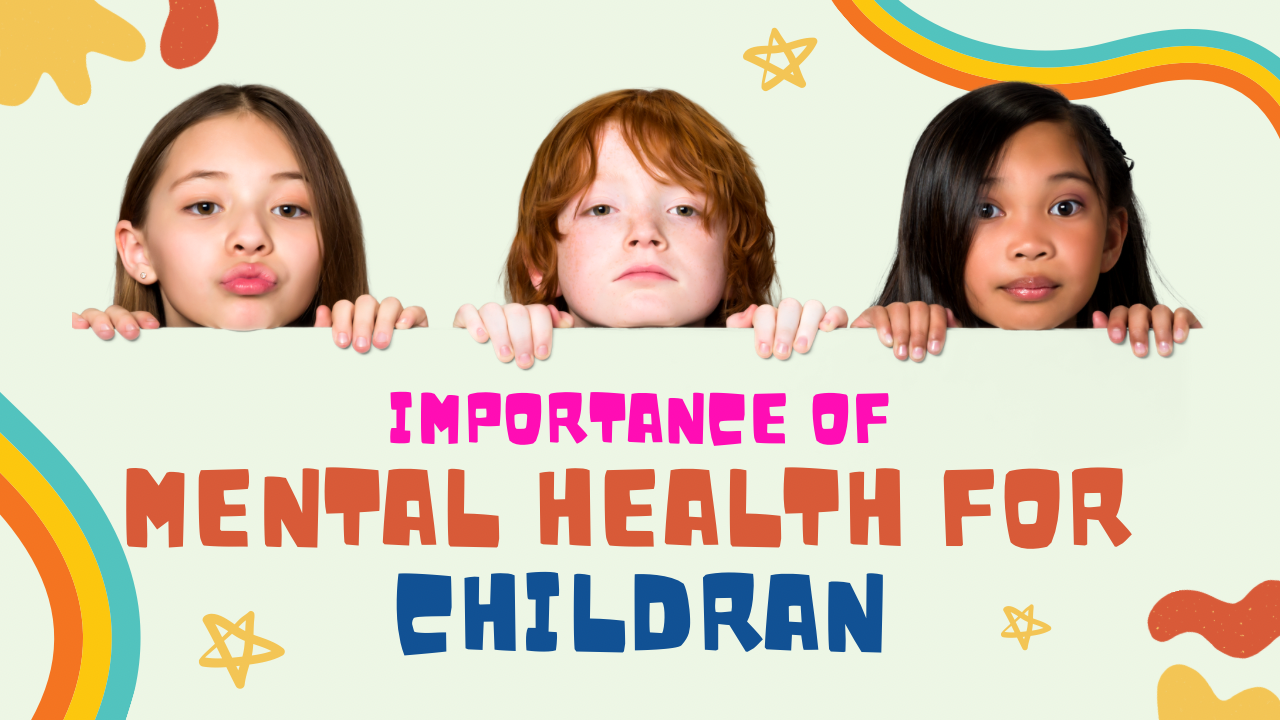We always want the best for our children. We prioritize their physical health, education, nutrition, and social life. Yet, what about their mental health? Focusing on our children’s emotional and psychological well-being is equally important. Mental health is crucial to a child’s development, particularly in Singapore. In this blog post, we explore the importance of mental health for children in Singapore and ways to support our children’s mental well-being.
The competitive academic environment in Singapore can affect a child’s mental health.
Singapore has a rigorous education system with high academic expectations. Children face constant pressure to perform well in school, leading to stress, anxiety, and depression. Parents must support their children by balancing their academic responsibilities with other activities to promote mental well-being. These include exercise, hobbies, mindfulness, and socializing. Parents should also create an open and supportive environment for their children to express their emotions and share their struggles.
Social media and technology can impact children’s mental health.
Children are exposed to social media and technology early in today’s digital age. While technology has benefits, such as facilitating communication and learning, it can also adversely affect children’s mental health. Social media can lead to a distorted perception of reality, while excessive screen time can lead to addiction, sleep problems, and decreased physical activity. Parents should monitor their children’s technology use and educate them on healthy digital habits.
Seeking professional help is essential for children’s mental health.
Parents can help their children by recognizing signs of mental health issues and seeking professional help. These include changes in behaviour, mood, sleep patterns, appetite, and academic performance. Parents should consult mental health professionals like psychologists, psychiatrists, or counsellors. Early intervention can prevent mental health issues from escalating and improve the child’s well-being.
Emotional and psychological support can positively impact children’s mental health.
Parents and the wider community can provide emotional and psychological support for children. This includes listening to their concerns, offering praise and encouragement, and modelling healthy coping skills. Parents can also involve their children in volunteer work, community service, and other activities that promote social responsibility and empathy. Moreover, parents can encourage their children to maintain positive relationships with family, friends, and teachers.
Mental health education can promote awareness and reduce stigma.
Finally, education can promote mental health awareness and reduce stigma. Parents can educate themselves and their children on mental health issues like anxiety, depression, and ADHD. Parents can foster a safe and supportive environment that encourages seeking help when needed by having open and honest conversations. Schools can also play a role by incorporating mental health education into their curriculum and providing resources for students and parents.
Mental health is essential to a child’s development, particularly in Singapore, given the competitive academic environment and influence of digital media. As parents, we must prioritize our children’s mental well-being by balancing academic responsibilities with other activities promoting emotional and psychological health. We should also seek professional help when needed, provide emotional and psychological support, and promote mental health awareness and education. Doing so can help our children achieve academic success and overall well-being.


